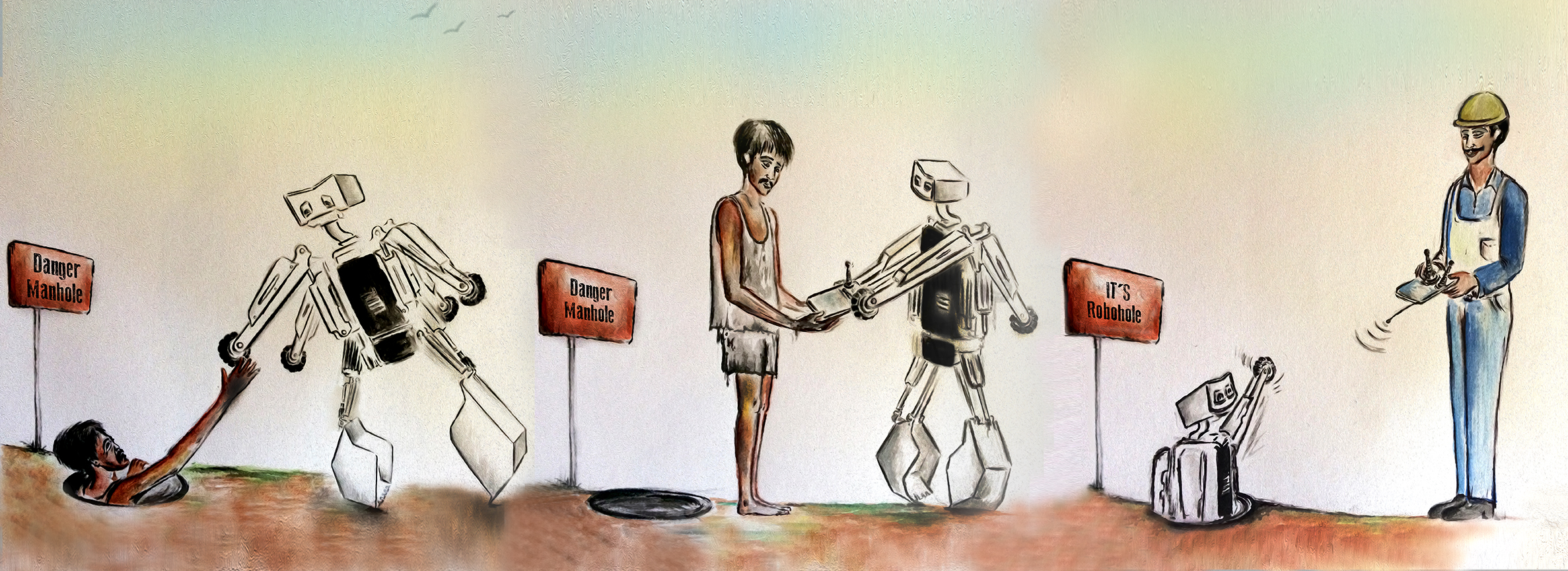Navigating the Future of AI and Automation: Upholding Human Autonomy and Let.Live Principles
In his profoundly insightful essay, “Why The Future Doesn’t Need Us,” Bill Joy eloquently voices concerns about the future of technology, specifically regarding AI and automation. His cautionary words resonate deeply with the principles of Let.Live, particularly as we stand on the cusp of an era where AI’s capabilities could redefine the essence of human autonomy and freedom.
The Rise of AI and Automation: A Double-Edged Sword
The rapid advancement in AI and automation holds the promise of unprecedented efficiency and problem-solving capabilities. However, it also presents unique challenges and ethical dilemmas, particularly when it comes to their application in governance and societal control.
Threats to Human Autonomy
One of the most significant concerns with the rise of AI and automation is the potential erosion of human autonomy. In an authoritarian system, the use of AI-driven surveillance and robotic law enforcement can lead to a dystopian reality where individual freedoms are significantly curtailed. Such systems, if unchecked, could be used to monitor, control, and even suppress citizens under the guise of maintaining order and security.
The Let.Live Perspective: Consent, Tolerance, and Change
From the Let.Live perspective, the principles of consent, tolerance, and embracing change are vital in guiding the development and deployment of AI and automation technologies:
- Consent: AI and automation must be developed and used in a manner that respects individual consent. This means transparent policies and public participation in deciding how these technologies are integrated into society.
- Tolerance: These technologies should be designed to understand and respect diverse perspectives and needs. The use of AI in enforcing laws must not infringe upon the rights of minorities or marginalized groups.
- Embracing Change Responsibly: While embracing the technological changes AI and automation bring, it’s crucial to ensure these advancements are aligned with enhancing human well-being and freedom, not diminishing them.
The Problems with AI-Driven Authoritarianism
In an authoritarian setup, the deployment of AI robots for law enforcement can lead to several issues:
- Loss of Privacy and Freedom: Continuous surveillance and automated law enforcement can create an environment of fear and mistrust, eroding the privacy and freedom of individuals.
- Bias and Discrimination: AI systems are only as unbiased as the data they are trained on. There’s a risk of these systems perpetuating existing biases, leading to discriminatory practices.
- Depersonalization of Justice: The use of AI in law enforcement can lead to a depersonalization of justice. Automated systems lack the ability to understand context, empathy, and the nuances of human behavior.
Take Aways:
As we advance into the future, where AI and automation become increasingly integrated into our lives, it is imperative to remember the principles of Let.Live. Technology should be a tool for enhancing human capabilities and freedoms, not restricting them. It is our collective responsibility to ensure that as we embrace these technological changes, we do so with a commitment to preserving human dignity, autonomy, and the rights that are the foundation of a free and just society.

Comments are closed